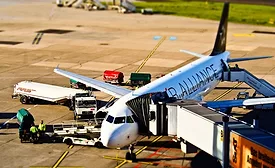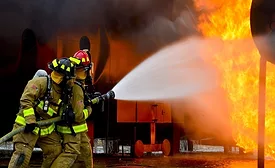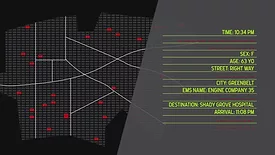Home » first responders
Articles Tagged with ''first responders''
Deploying drones to deliver defibrillators
Drones have a promising future for medical deliveries.
October 13, 2020
Sign-up to receive top management & result-driven techniques in the industry.
Join over 20,000+ industry leaders who receive our premium content.
SIGN UP TODAY!Copyright ©2026. All Rights Reserved BNP Media.
Design, CMS, Hosting & Web Development :: ePublishing









